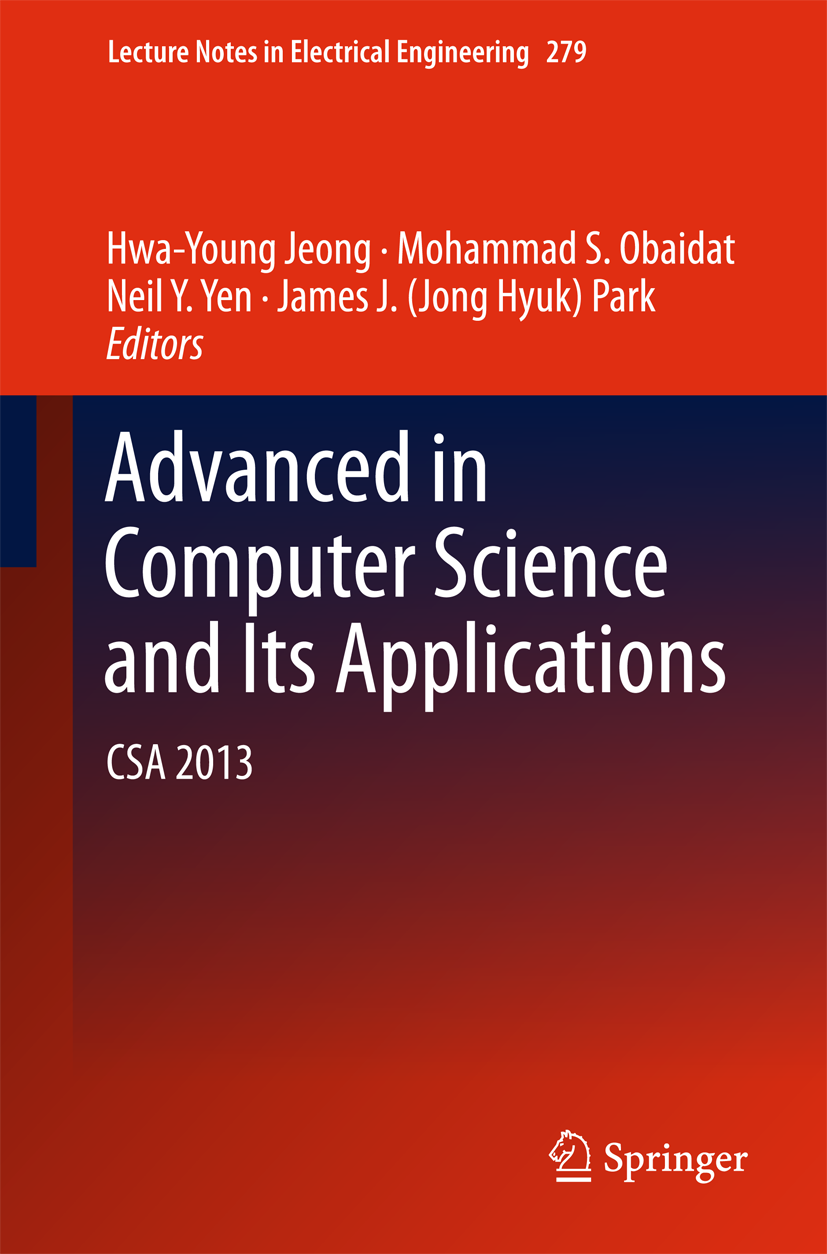A very interesting question has come up about how to interpret the term xiǎo cài guǎn 小菜館 (lit., "small vegetable / dish shop"). Some people say it should be A. "xiǎo càiguǎn" (a small restaurant). Other people say it should be B. "xiǎocài guǎn" (a place where you get side dishes / family style cooking).
See "Gourmet Chinese cookshop" and the comments thereto.
I think that it is not just one or the other, but that it can be both depending upon the circumstances.
When I want xiǎo cài guǎn 小菜館 to mean A. (xiǎo càiguǎn ("a small restaurant"]), I pronounce it with a slight pause after xiǎo and emphasis on the first syllable of càiguǎn. When I want xiǎo cài guǎn 小菜館 to mean B. (xiǎocài guǎn ("a place where you get side dishes / family style cooking"]), I pronounce it with a pause after the second syllable and a slightly greater emphasis on the third syllable.
For the importance of pause and emphasis in Chinese elocution, see, for example, here and here (4th paragraph).
As we shall see from the survey and analysis below, there are even other possibilities for understanding this collocation. In the end, its precise meaning can only be determined by context.
Read the rest of this entry »



